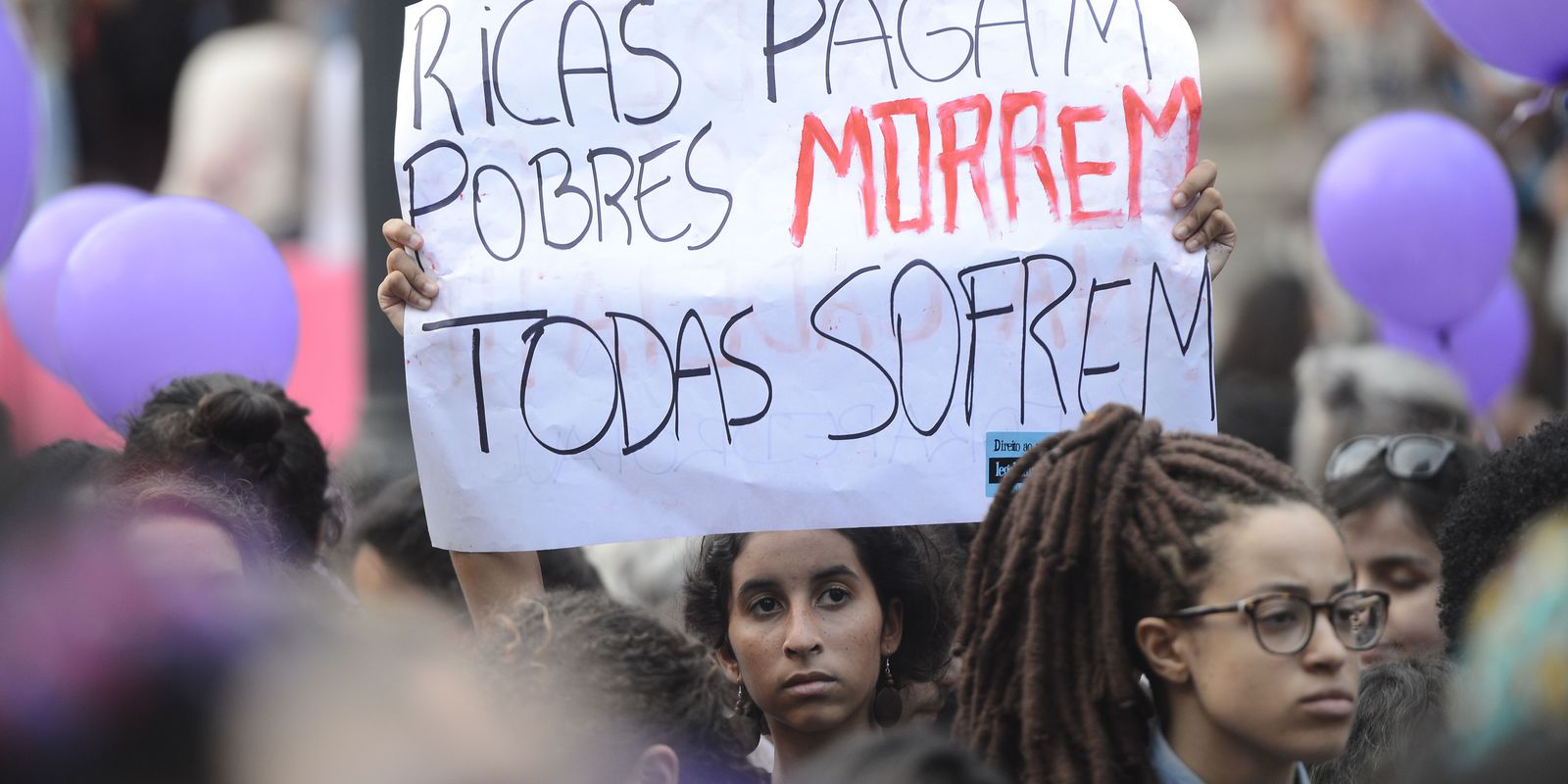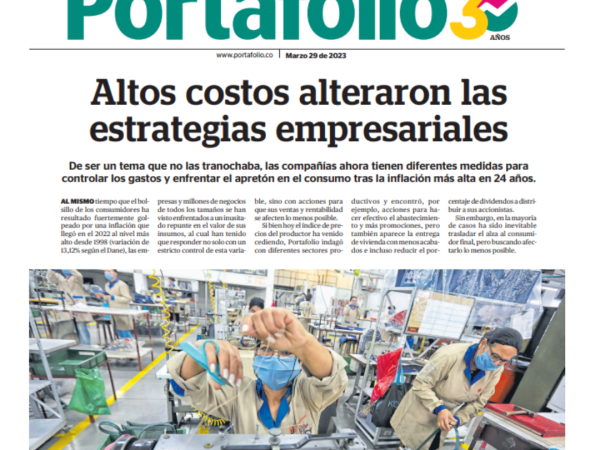The 2021 National Abortion Survey (PNA) shows that one in seven women, aged close to 40, has already had at least one abortion in Brazil. The survey carried out in November 2021 heard 2 thousand women in 125 municipalities.
The study was coordinated by the anthropologist and professor at the University of Brasília, Débora Diniz; visiting professor at Columbia University, Marcelo Medeiros; and professor at the State University of Piauí, Alberto Madeiro.
Panorama
The survey indicates that more than half (52%) of all women who had an abortion were 19 years old or younger when they had their first abortion. Of this contingent (under 19 years old), 46% were adolescents between 16 and 19 years old and 6%, girls between 12 and 14 years old. By law, engaging in sex or libidinous acts with a minor under 14 years of age is considered vulnerable rape crimeregardless of whether the child consents, under penalty of imprisonment from 8 to 15 years.
In this edition, the abortion rate showed a decrease in comparison with the two previous PNAs, carried out in 2010 and 2016. In that year, about 10% of the women interviewed stated that they had had at least one abortion in the course of their lives, compared to 13% , in 2016, and 15% in 2010. The research concluded that the drop can be explained by the growing trend in the use of reversible contraceptive methods in Latin America and the Caribbean.
In 2021, 21% of women who had an abortion had a second procedure, called a repeat abortion. Among them are predominantly black women.
Part of the interviewees (39%) used medication to terminate the pregnancy. The research cites that the most used medicine is indicated for the prevention and treatment of gastric ulcer. Furthermore, 43% of the women were hospitalized to complete the abortion.
“In these situations, we have traumatic reports of persecution, police summons, women handcuffed in hospitals. So, there is an impact on public health due to the occupation of beds, on women’s health because, for some reason, they used unsafe or inappropriate medication or went underground in unsafe clinics, or because they don’t have information about what an abortion is like. That’s why they go to hospitals”.
The survey also indicated that unplanned pregnancy was common among women in Brazil. Two out of three pregnant women (66%) had not planned the pregnancy. Débora Diniz points to sex education as part of the solution “so that this last resort, abortion, is not used”.
Profile
The survey showed that the profile of women who had an abortion is similar to that of other surveys: they are of all ages in the reproductive cycle, religions, education, races, social classes, marital status and regions of the country.
However, researcher Débora Diniz confirms that “despite being common women, who are everywhere, there is a greater concentration in the most vulnerable group. They are black, indigenous women, living in the North and Northeast, with less schooling and very young”.
The 2,000 interviewees in the 2021 PNA were randomly chosen among literate women, aged 18 to 39 years and living in urban areas. The survey methodology uses a face-to-face questionnaire with sociodemographic questions such as age, religion and income.
Another questionnaire with questions about abortion is completed by the woman herself and deposited in a sealed urn. The research coordinators understand that the technique for collecting sensitive information reduces the rate of false answers, as it safeguards the anonymity of the interviewees.
legal abortion
In Brazil, abortion is legalized in three circumstances: pregnancy resulting from rape, if it represents a risk of maternal death and in the case of fetal anencephaly (non-formation of the fetal brain).
However, in practice, the scenario has been different. The Minister of Women, Cida Gonçalves, told the Brazil Agency “that girls and women have faced barriers to access abortion, in situations already provided for by law”. For her, the consequence is that “when the right to abortion is denied, for example, to a rape victim, the evidence points out that this woman will do it in an unsafe, clandestine way.”
In the minister’s assessment, the Executive Branch must ensure that all girls and women have their rights guaranteed and “that they have access to information about these rights and how to access them”.
The Ministry of Women recalls that, in 2013, the Law of the Next Minute to enable comprehensive and multidisciplinary care for rape victims in the Unified Health System (SUS) services. “This service is fundamental for the prevention of pregnancy and sexually transmitted infections, among other physical and psychosocial health care. [da vítima]”, emphasizes Minister Cida Gonçalves.
All hospitals accredited by the SUS, which offer gynecology and obstetrics services, must perform abortions in the cases provided for by law. However, according to the website Legal Abortion Maponly 42 hospitals actually performed the procedure, in September 2022.
In an official note sent to Brazil Agency, the Ministry of Health declares that “it is committed to strengthening the Policy of Comprehensive Attention to Women’s Health, from the perspective of inclusion and dialogue on the context of sexual and reproductive health; and to also strengthen the Rede Cegonha, which includes assistance to women in situations of abortion”.
From now on
In January of this year, the federal government invalidated the concierge of the Ministry of Health that required the doctor to notify the police of the justification for terminating the pregnancy, even in the cases provided for by law, and that evidence of rape was also preserved.
In the same month, the Brazilian government withdrew from Declaration of the Geneva Consensus on Women’s Health and Strengthening the Familysigned in 2020, on the understanding that it represents a position of nations against abortion.
For Débora Diniz, the analysis of the action that decriminalizes abortion in the first twelve weeks of pregnancy, in the Federal Supreme Court (STF), is urgent.
“In a democracy, the Legislative and Judiciary powers have equal legitimacy to solve a violation of a fundamental right, such as health and the issue of abortion”, he argued. “It’s about not arresting. It’s about caring and preventing. It is about life, dignity, in particular the vulnerable youth of this country”, concludes the researcher.
















